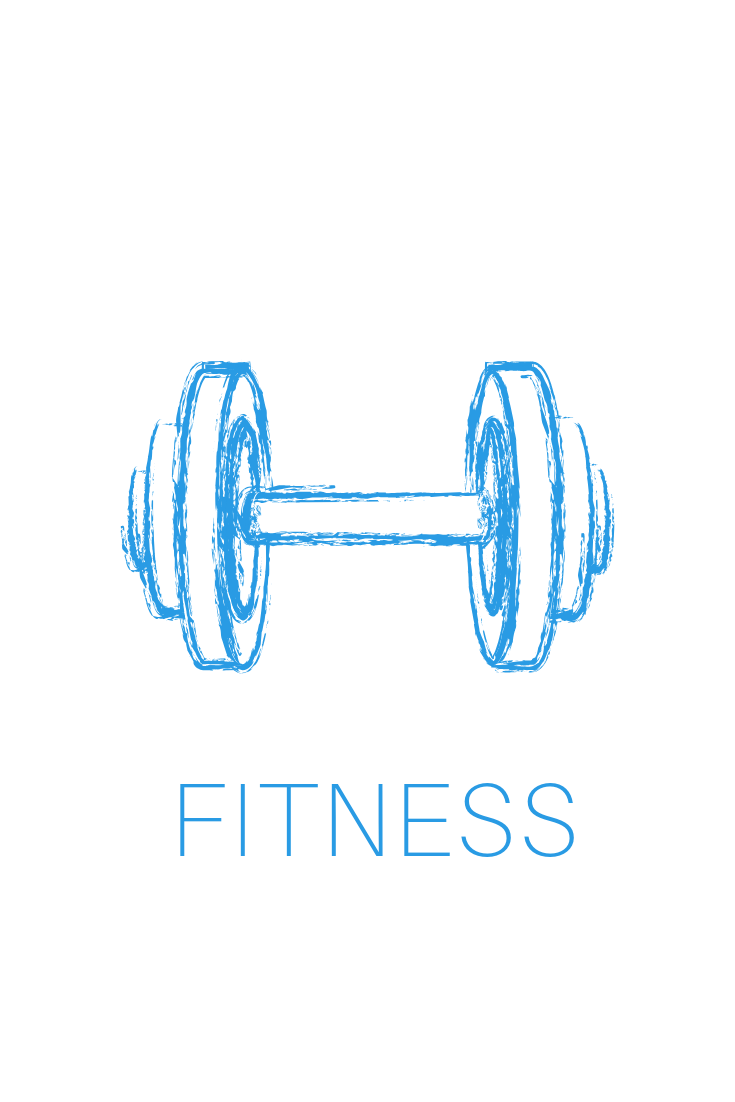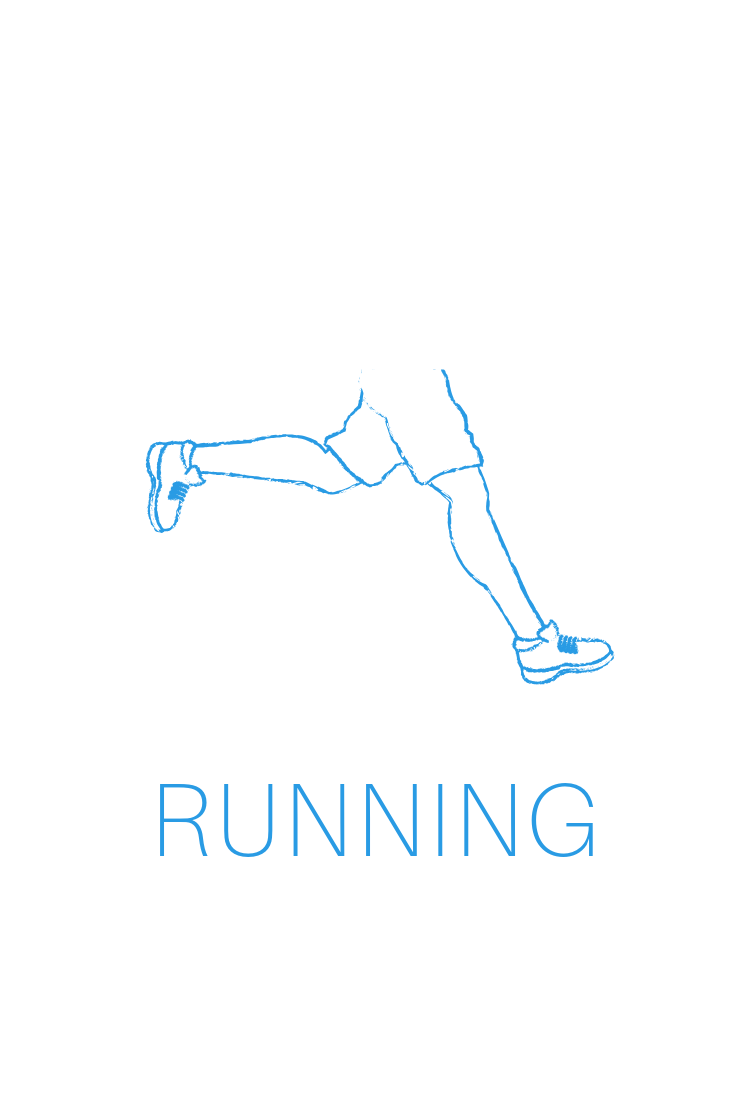Why Your Body Is Perfect For You
These women are all Olympic athletes. Their bodies are different. And their bodies are amazing.
Remember that time you turned up to the hairdresser with a picture of a beautiful model, tv or movie star with a great haircut (for anyone who lived through the 90’s it was most likely a picture of Jennifer Aniston) and asked the hairdresser to make you “look like this”. Then two hours and a couple of hundred dollars later you looked in the mirror and realised that it’s still your face looking out from under the new fringe. The haircut hasn’t chiseled your cheekbones, slimmed down your nose or changed your eye colour.
Much like a haircut, becoming fitter and healthier will not necessarily create the exact body shape you crave. Over the years I have had clients “request” a certain body type – Michelle Obama’s arms, Jessica Alba’s stomach and Hugh Jackman’s biceps (true story!). People become frustrated when their training partner develops larger biceps or can lift more weight. We all have that friend who has a flat stomach but can’t do a single sit-up. The truth is we are all built differently and our genetics play a role in how our body responds to exercise, particularly in its appearance. Even world class athletes whose training and diets would follow much the same pattern can look completely different (think about Maria Sharapova and Serena Williams). Although their training is similar, they have extremely different body shapes. We understand why we can’t change our skeletal structure in any way (e.g. we can’t grow longer legs), however, why is it that we develop muscle and store fat in such different ways?
Fat storage
A lot of this is to do with genetics (yep mum and dad it’s your fault…….again!). Look at most families and you will notice similarities in body shape between parents and their children (a study conducted in 2014 shows heritability of fat storage of up to 60%). Therefore, much of where we store our fat is simply due to our genetic makeup. However, we do know that hormones play a factor in how and where our body stores fat. The hormone cortisol (usually released when the body is under stress) tends to lead to fat distribution around the abdominal area (visceral fat) which is especially dangerous. Therefore, reducing stress, improving sleep and living a healthy life will help reduce the accumulation of fat in the mid region.
Muscular growth
Strong evidence suggests that the muscular change an individual experiences from training is highly dependent on the level of satellite cell-mediated myonuclear addition that occurs. Put simply, your muscles won’t grow unless the satellite cells surrounding your muscle fibres donate their nuclei to your muscles so they can produce more genetic material to signal the cells to grow. People who respond well to strength training have more satellite cells surrounding their muscle fibres, as well as a greater ability to increase the number of cells during training. Those with less satellite cells around their muscle fibres will find it more difficult to increase the strength and size of their muscles. Finally, muscle size doesn’t always convert to muscular strength – sometimes seemingly little arms can lift surprisingly big things!
So what does all this mean for us? First of all, we need to avoid striving to achieve a body shape that is not possible with our genetic makeup. Secondly, although we may have certain genetic limitations in terms of creating a specific body shape, you can radically improve both your health and your appearance by following a well planned training program and eating a nutritious diet. When you feel fit, strong and healthy, you will care less about a stomach that may be a little less firm after carrying those beautiful babies, or the thighs that may swish together a little more than when you were 18. Our body allows us to do amazing things and we should treat it well and celebrate it’s beauty.
“Take care of your body. It’s the only place you have to live.”
by Angie Black
Hey! I’m Angie. I’m passionate about fitting exercise into your life, for the rest of your life.
BLOG CATERGORIES:






